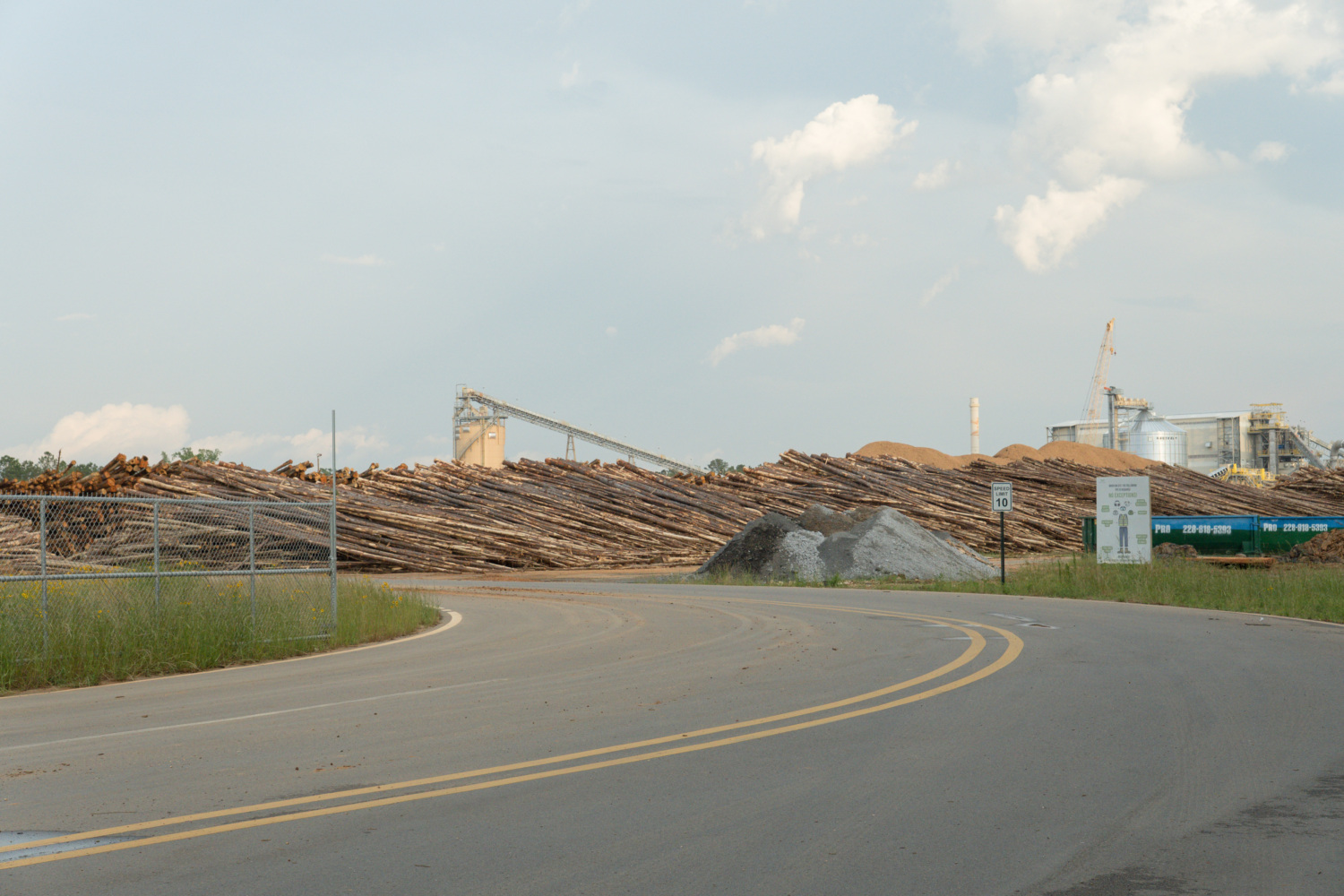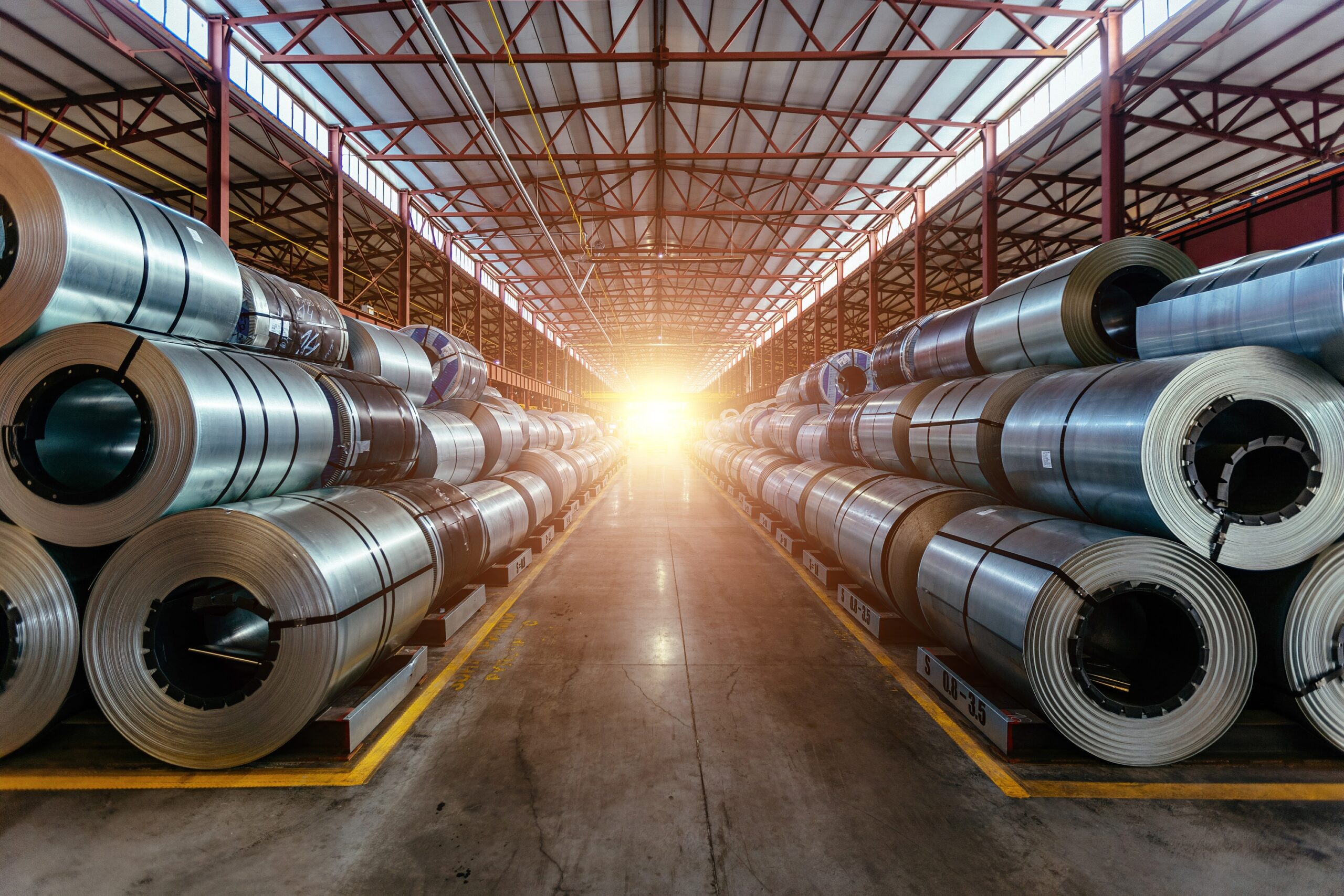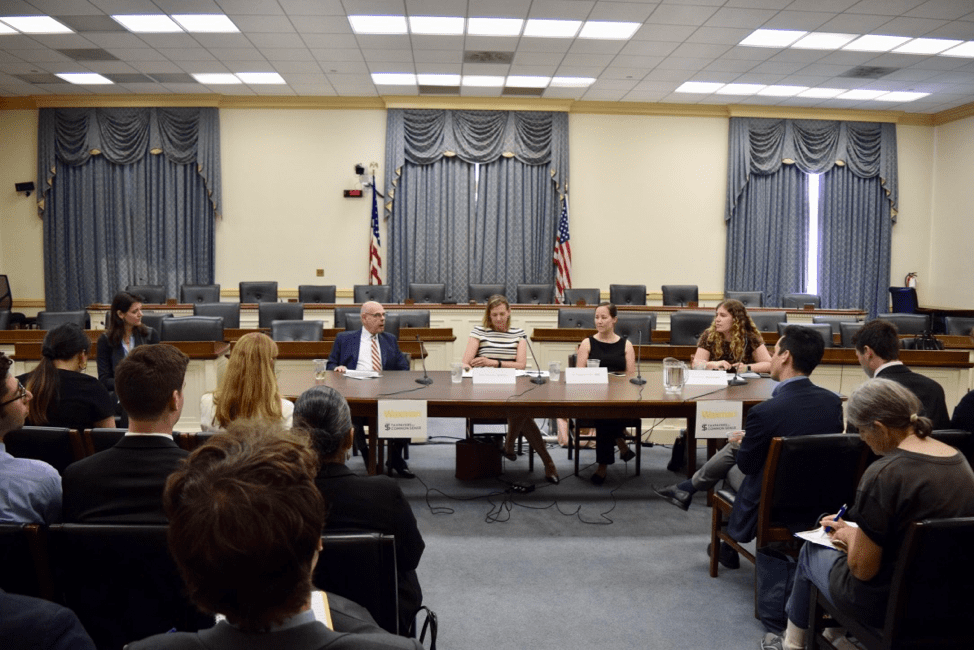
Rethinking Biodiesel Subsidies
On Monday, Congressional staffers had the opportunity to hear from experts about the climate, taxpayer, and food ramifications of biofuels and the biodiesel tax credit extension bill (H.R. Bill 3301) currently moving through Congress.
In a packed room, Former Congressman Henry Waxman, Chairman of Waxman Strategies, opened the session with remarks about his own journey. Waxman initially voted for the Renewable Fuel Standard (RFS), a mandate for fuel suppliers to mix a minimum percentage of ethanol into gasoline. But scientists have since proven the negative environmental impacts of biofuels as a result of indirect land use change, and Waxman now opposes the biodiesel tax credit.
“I am concerned that the passing of this extension will spur more land conversion, pollute America’s waterways and wildlife habitats, release more carbon, and support more loss of natural areas for soybean and other virgin oil production,” Waxman said at the briefing.
The first panelist, President Ryan Alexander of Taxpayers for Common Sense, discussed the financial burden for taxpayers. The biodiesel tax credit has cost taxpayers $12 billion from 2007 to 2012. Alexander called biofuels subsidies a “triple threat” to taxpayers, via 1) the biodiesel tax credit, 2) production volume mandates such as the RFS, and 3) government spending on biomass programs.
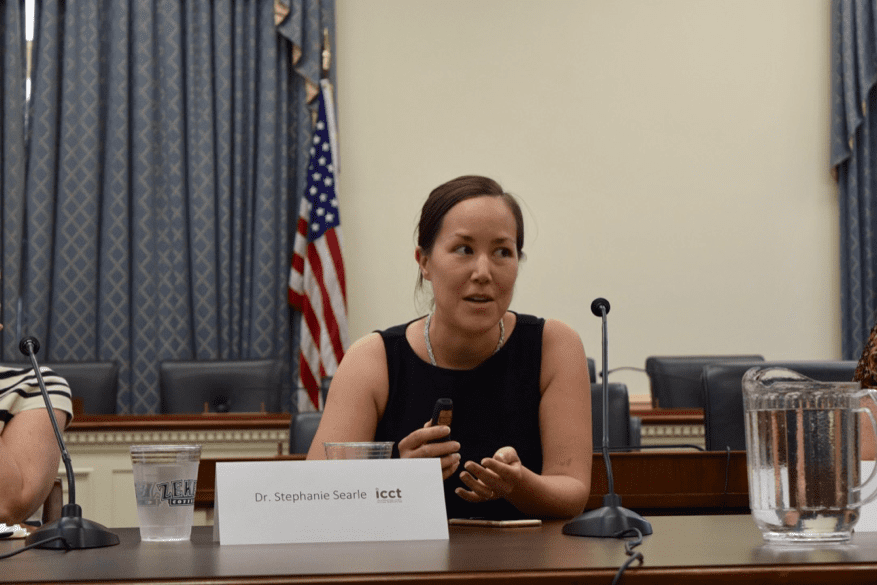
Next, Dr. Stephanie Searle from the International Coalition on Clean Transportation spoke about the direct environmental consequences of biofuels production. Studies show that soy biodiesels are on par with or worse than fossil fuel diesel. Additionally, biofuels production drives global deforestation by increasing demand for palm oil. Dr. Searle posed the question: if it’s likely that biodiesels are worse for the planet than fossil fuels, is that a risk we are willing to take?

Finally, Kelly Stone of Action Aid spoke to the human and food security consequences that come from biofuels production: land grabs from small farmers, increased food prices, and local environmental impacts such as water pollution. She concluded by calling for the phasing out of food-based biofuels and focusing efforts on real clean energy solutions.
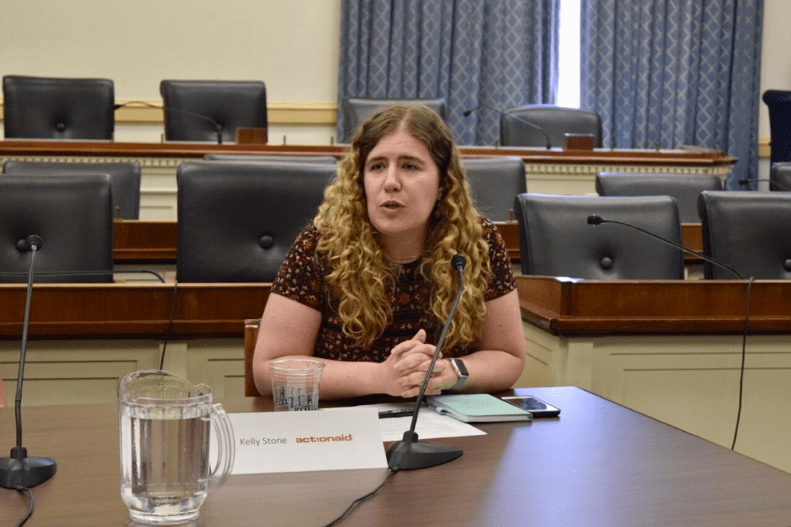
To view the full presentation click here.
